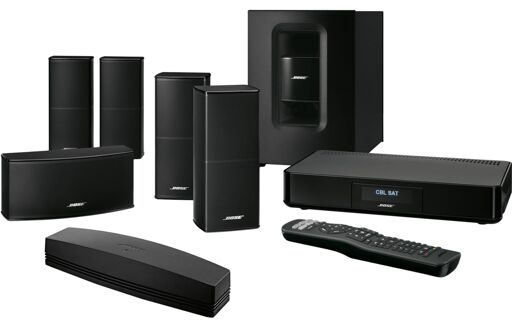
Bose SoundTouch speakers were introduced in 2013, offering the ability to connect to online streaming services and play back audio on multiple speakers simultaneously using the accompanying mobile app. Now these features are about to be removed, including the mobile app, as Bose is set to discontinue support on February 18, 2026. From that point onwards, you can only use them via Bluetooth or physical connectors that may be present, like an audio jack or HDMI port. This includes fancy home theater system hardware like the above SoundTouch 520.
That is the official line, at least. We have seen the SoundTouch on Hackaday previously, when it was discovered how to gain root shell access to the Linux OS that powers the original SoundTouch system with Telnet access on port 17,000 to pass the listening service the remote_services on command before connecting with Telnet as usual, with root and no password. A quick glance at the comments to that post suggests that this is still a valid approach for at least certain SoundTouch devices.
The fallout from this announcement appears to be twofold: most of all that ‘smart’ features like WiFi-based streaming can be dropped at any time. But it also makes us realize that hardware hackers like us will never run out of new and suddenly obsolete hardware that need our rescue.
From Blog – Hackaday via this RSS feed
They really should open it up when it’s end of life.
But that would cut into their bottom line, think of the shareholders!
When your a dead company you no longer have shareholders. These are corpse opportunists. The ones there picking over the dead body looking for value. News flash If it had any it would still be around.
In fairness Stadia did open up their gamepads when they shut down
They allowed you to switch it to a Bluetooth controller and only until December of this year. A pretty far cry from open sourcing it
I fully agree.
There’s often work involved in that. Documentation. Licensing and IP issues. Revealing security flaws.
It’s easier for them to turn off the servers and walk away.
That’s why there should be legislation requiring manufacturers to provide some kind of end-of-life package at the initial release.


